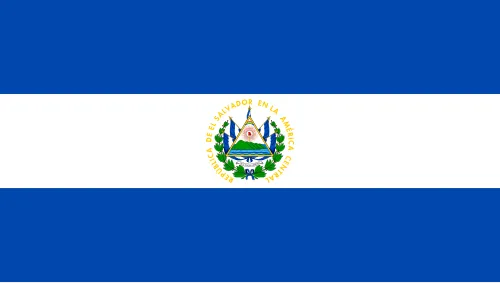
Unification Day in Cameroon: A Celebration of Unity and National Identity
Unification Day, celebrated annually on May 20th, commemorates the unification of the British Southern Cameroons and French Cameroon in 1972. This historic event marked a significant milestone in the political and cultural landscape of Cameroon. The day serves not only as a reminder of the sacrifices made for national cohesion but also represents the unity of diverse cultures within the country.
Historical Background of Unification Day
Before the construction of modern Cameroon, the territory consisted of German, British, and French colonial regions. After World War I, Cameroon was divided between the French and the British, leading to the formation of Northern and Southern Cameroons under British administration. The Southern Cameroons later sought independence, and a pivotal moment occurred on January 1, 1960, when French Cameroon became independent. Subsequently, a referendum was held on February 11, 1961, which resulted in the merger of the two territories.
Significance of Unification Day
Unification Day is significant for several reasons: it symbolizes the political unity of Cameroon, celebrates the cultural diversity of its citizens, and promotes national pride. The day is marked by various events, including parades, speeches from national leaders, cultural displays, and public gatherings, where citizens partake in celebrations highlighting Cameroon’s rich heritage.
Celebrations and Observances
The day typically begins with a military parade in the capital city, Yaoundé, showcasing the country’s armed forces and symbolizing strength and unity. Schools and communities across the country participate with their own programs, displaying traditional dances, music, and crafts. Moreover, each year has a theme that emphasizes the importance of unity and development in the face of national challenges.
Challenges and Developments
While Unification Day is a celebration of solidarity, it also brings forth discussions about ongoing challenges within the nation, particularly regarding regional disparities and socio-political tensions, especially in the English-speaking regions of the country. The government uses this platform to promote dialogue and foster understanding among diverse groups while encouraging active citizenship and participation in national development.
The Future of Unification Day
As Cameroon continues to navigate its complex identity, Unification Day remains a beacon of hope for many citizens. Moving forward, it is essential for the government and the people to engage in constructive dialogue that addresses existing grievances while celebrating the unity that this day stands for. Educational initiatives, cultural exchanges, and community involvement are vital to ensure that the essence of Unification Day lives on.
Conclusion
Unification Day in Cameroon is more than just a historical commemoration; it embodies the spirit of the nation and its commitment to unity amidst diversity. The observance of this day inspires hope for ongoing progress and reinforces the idea that a united Cameroon can embrace its differences while striving towards a common future.





